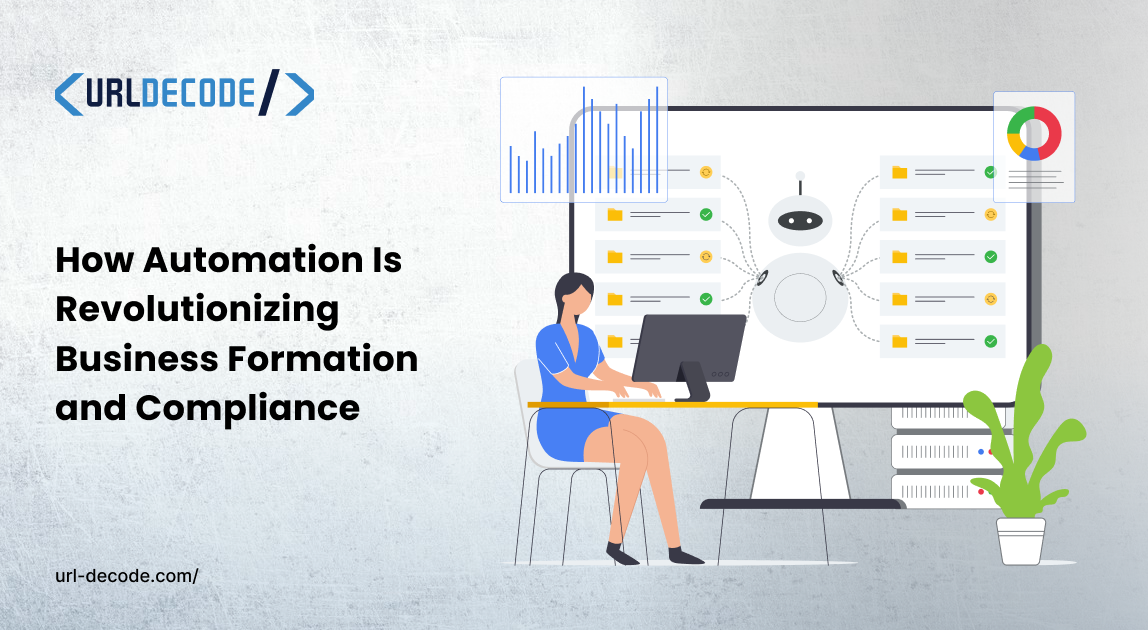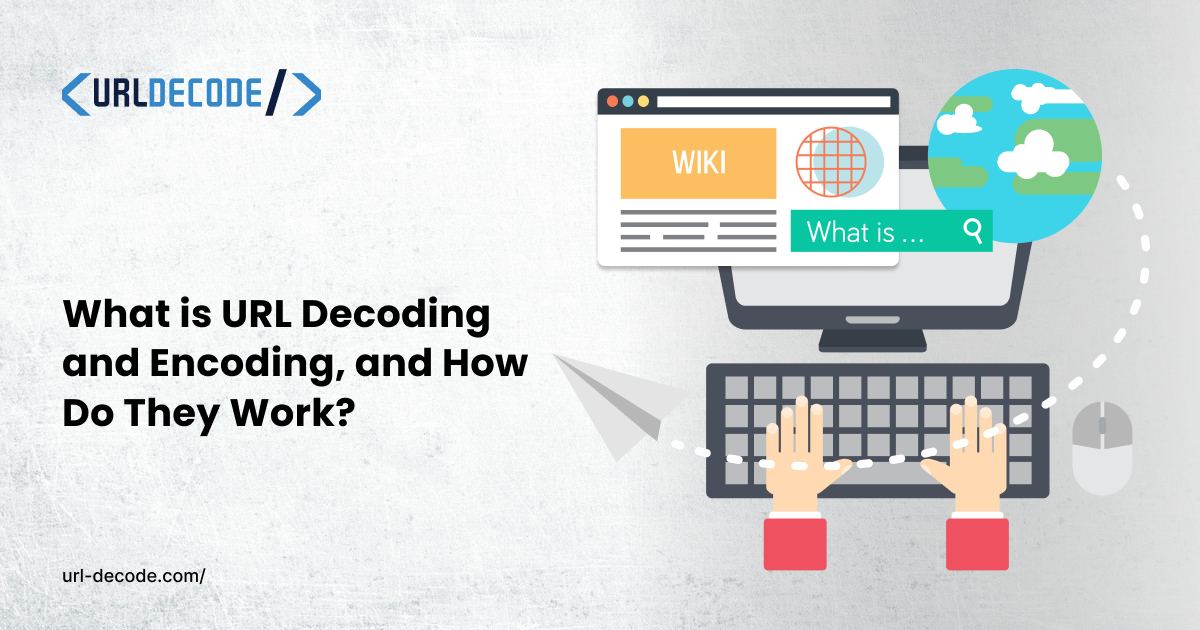How Automation Is Revolutionizing Business Formation and Compliance

There have been significant changes in how businesses are formed and how companies are regulated in recent years. Tasks that used to take weeks to do with tons of paperwork and legal visits can now be done in a few hours with automated services that do everything for you. This automation is not only changing the speed at which businesses can be opened but also the connection that entrepreneurs have with the business regulations.
The Old Systems in Business Formation
For entrepreneurs looking to start a business, the procedures required to register a business can be complicated and tedious. They have to deal with a lot of requirements that are constantly changing and can stack up on you if not monitored properly. Incorporating a business, filing for an Employer Identification Number, and registering for state tax are the preliminary steps that take up a lot of time in the formation process.
Once a business is formed, the compliance burden can stack up really quickly and become overwhelming. Having to deal with annual reports, registered agent services, ownership paperwork, and other compliance on several businesses and states can really cut into the time that business owners have to actually run the businesses. And once the admin side is under control, many founders can focus on building an efficient workspace too, especially if they’re scaling locally with office design Manchester support that helps teams collaborate and grow.
Enter Automation Technology
Most automation technology today uses AI and ML along with advanced software integration to simplify the entire process of business formation and compliance. Even those complex procedures that used to need human judgment, including deciding what business forms and structures to file with the state, can be accomplished with these systems.
New automation technologies offer real-time document processing, government database integration, and status updates. Instead of waiting weeks for processors to make decisions, entrepreneurs can get business entity formation confirmations in a matter of days, hours, and even minutes. This improved automation technology won't just save business owners time, but also the time they need to collect revenue.
Key Areas of Automation Impact
Most automated systems offer self-service registration and formation even in complex scenarios and assist entrepreneurs with business formation processes. They even use intelligent and dynamic questionnaires that adapt to the answers received. Based on liability, tax, and growth questions, these systems custom recommend ideal business structures. Once decisions are made, automation handles document preparation, e-filing with state authorities, and even coordination with the IRS for federal tax identification numbers.
Technology can solve problems that come with manual filings. Before submission, automated validation checks make sure business names meet state requirements, addresses are formatted correctly, and all information is complete. This avoids costly delays and lowers rejection rates.
Calendar Compliance
Intelligent compliance tracking is another valuable contribution from automation. Current technology monitors business operations, jurisdictions, and automatically sends reminders for annual reports and franchise tax payments. Some even take it further and complete forms and filings for you when authorized.
This strategy avoids penalties and the hassles of fixing administrative mistakes. For businesses operating in several states, automation helps meet deadlines and requirements set.
Registered Agent Services
Automation has improved registered agency services, too. Digital registered agent services receive official documents right from the source, immediately alert business owners, and pack them for safe storage in the digitized vaults of cloud storage. This guarantees that important legal notices are not missed, or compliance documents, regardless of whether a business moves or employees change.
Beneficial Ownership Reporting
The automation of compliance processes has become necessary with the introduction of new federal beneficial ownership information reporting requirements. Automated systems gather the necessary information, verify information accuracy, file reports with FinCEN, and keep track of necessary updates due to ownership changes. This relieves the burden of deciphering complicated regulatory requirements and provides precise and timely reporting.
The Cost Revolution
Automation has also significantly lowered the cost of business formation, in addition to saving time. The cost of business formation with an attorney could run in the thousands. Now, automated platforms provide the same services for a fraction of the cost and often include the first year of registered agent service and compliance assistance.
More entrepreneurs can start their businesses due to the new ease of business formation. Founders can invest more of their initial capital in product development, marketing, and hiring, rather than business formation and compliance. Many entrepreneurs also use AI recruiting software to streamline hiring and ensure they bring the right talent on board efficiently. This is especially true for solo entrepreneurs and bootstrapped startups, where the reduced formation costs provide critical capital to move from idea to operation.
Enhanced Accuracy and Reliability
Business formation and compliance have always had the challenge of human error. Missed data, such as an address or a checkbox, or incorrectly entered data, could lead to the rejection of filings. This would cause delays and may lead to additional costs in a business formation. Automated systems improve accuracy and reliability with validation rules, consistency checks, and standardized processes.
Machine learning algorithms continually refine their performance through analyzing millions of successful filings. These systems are able to identify patterns leading to rejected filings and are able to prevent common errors. This means fewer headaches for business owners and increased acceptance rates for filings on the first try.
Automated Systems for Compliance
Automated systems have improved the ability to assess the status of a business and have improved visibility of multiple compliance statuses. When integrated with solutions like NetSuite accounting, these platforms can centralize financial data, automate reporting, and provide real-time financial and compliance insights from a single dashboard. View and monitor compliance health scores, deadlines, and filing statuses through dashboard interfaces. Business owners can retrieve essential documents on any device without having to wait for attorneys.
Real-time access to compliance documents helps business owners make prudent decisions. Entrepreneurs can quickly assess their readiness to acquire, merge, or expand their business. Compliance documents can easily be obtained by partners and investors, thus speeding up the due diligence process. To enable this level of automation, accuracy, and real-time intelligence, many organizations choose to hire an AI development company that can build smart systems for compliance monitoring and decision support.
Geographic Expansion
Geographic Expansion for Automation Systems Businesses with operations in multiple states, or those that are registered in a few states but plan to expand. Business automation systems help manage compliance with varying business rules in different states and help manage business foreign qualification filings.
Automation technology takes care of complexities that will baffle most small business owners. Automation alleviates the need for profound regulatory understanding and manages compliance, while multistate operations manage state-specific annual report formats and nexus requirement challenges.
Automation Evolution in the Industry
The automation revolution for compliance and business formation is gaining momentum. New tools for advanced automation are on the way. Artificial Intelligence is getting more sophisticated in regulatory interpretation and adjusting compliance in real-time. In the near future, blockchain technology will facilitate the instant verification of business identities.
Predictive analytics will enable enterprises to anticipate compliance requirements based on growth, industry standards, and analytics. The relaxed regulation will enable conversational framing to explain business owners' complex issues. Banking, accounting software, payroll, and other business modules will fully integrate to automate compliance and manage business-related regulatory requirements across modules. For tech-focused businesses, partnering with a software development company for startups ensures these integrations are custom-built to support specific business models and compliance needs.
Challenges and Considerations
While there are undeniable benefits to automation, there are challenges associated with it. No doubt, there are complex business situations that will still require human expertise, experience, and judgment. Situations involving atypical entity structures, complex and aggressive tax planning, and high-value transactions still benefit from having an attorney work alongside automated instruments and processes.
Entrepreneurs also need to understand compliance obligations. Business owners need to know at least the basic requirements to facilitate informed decision making, to determine when an issue requires the attention of a professional, and to avoid a completely hands-off approach.
Conclusion
The barriers that kept people from starting and running a business are now run by a machine, and so they are not big or hard to face anymore. The machine has made it cheap, quick, and given real-time info, and made more people able to start and run a business because it has no errors and saves time.
The gap from a person having an idea to a real, running company will keep falling as tech gets better. This is no longer just a new tech; it is a new way to settle and start, and it makes new ideas and chances grow. More and more businesses are being run by machines, so they follow the rules and are run, which makes the world of the start-up stronger.




